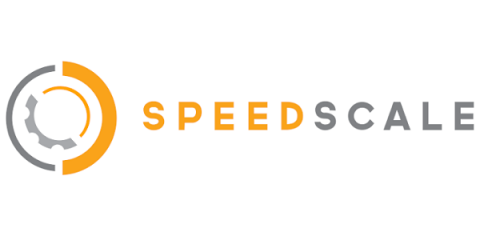Systems | Development | Analytics | API | Testing
DevOps
Integrating Speedscale with Jenkins
Minimizing and automating the path from development and production is necessary in order to stay competitive and keep customers happy. As engineering teams strive to solve this by quickly and efficiently rolling out new features, updates, and bug fixes, continuous integration and deployment (CI/CD) has come to be regarded as an industry best practice. One of the most popular CI/CD solutions is Jenkins, an open-source job execution system.
Back by Popular Demand: Why Dell ISG's DevOps Embraces Collaborator
Announcing Katalon TestOps - Streamlining Test Automation & DevOps for Businesses
Maintaining quality while delivering increasingly complex products at increasing speeds is a challenge for software teams everywhere. Automating tests is essential to detect issues faster and speed up the development cycle, but it’s only one part of the equation. Managing and scaling a test automation practice, and implementing it inside an efficient DevOps cycle is even more important.
How to publish Flutter Apps to Firebase App Distribution
How to publish Apps to Firebase App Distribution using codemagic.yaml
Creating Envoy WebAssembly Extensions
In the CNCF ecosystem, Envoy, an open source service proxy developed by Lyft, is a very common choice in service mesh networking. In a previous post we discussed that both Consul and Istio leverage Envoy. Were you aware that you can extend Envoy’s capabilities with WebAssembly? What is WebAssembly? WebAssembly, or Wasm as it is often abbreviated, is not so much of a programming language as it is a specification for a binary instruction format that can be run in sandboxed virtual machines.
Choosing an API technology: gRPC, REST, GraphQL
How do you choose an API style and API technology when you start a new project? Today, if you look at API technology research such as RapidAPI Developer Survey and Insights, you’ll probably conclude that REST is the dominant force in the API landscape. While REST is certainly well-known to most developers and used in a lot of production environments, it may not be the best fit for every scenario.
Packet Capture Without "tcpdump" for Go Apps in Kubernetes
Every developer knows there are some utilities that are completely indispensable from their workflows. The programmer’s toolbelt, if you will. These toolbelts are usually different from person to person, but if there is one tool that everyone should use or at least know how to use, it is tcpdump. If you are unfamiliar, tcpdump is a tool that allows you to dump and inspect live network traffic being observed on a network interface.
Announcing Istio integration
Adoption of service meshes like Istio is increasing. As a result, Speedscale has developed a webassembly plugin. We extended Envoy using Rust, and no changes are required to your Istio configuration. This allows us to leverage the same sidecars that you have deployed throughout your environment to inspect API traffic. Once we are listening through Istio, the typical Speedscale magic can take place. We can use the data to build integration/performance test suites and autogenerate service mocks.











